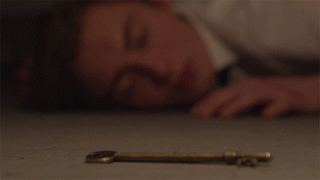Research: Director
Generally, a film director controls a film's artistic and dramatic aspects, and visualizes the script while guiding the technical crew and actors in the fulfillment of that vision. The director has a key role in choosing the cast members, production design, and the creative aspects of filmmaking.
The film director gives direction to the cast and crew and creates an overall vision through which a film eventually becomes realized. Directors need to be able to mediate differences in creative visions and stay in the boundaries of the film's budget. There are many pathways to becoming a film director. Some film directors started as screenwriters, cinematographers, film editors or actors. Other film directors have attended a film school. Directors use different approaches. Some outline a general plotline and let the actors improvise dialogue, while others control every aspect, and demand that the actors and crew follow instructions precisely. Some directors also write their own screenplays or collaborate on screenplays with long-standing writing partners. Some directors edit or appear in their films, or compose the music score for their films.
- have exceptional artistic vision and creative skills
- have unerring commitment
- have a deep passion for filmmaking
- be a strong and confident leader
- make decisions
- delegate and collaborate with others
- have excellent communication and interpersonal skills
- inspire and motivate the team
- have an extensive understanding of the entire filmmaking process, from both technical and creative points of view
- work intensively for long hours
- pay attention to detail
- remain calm and think clearly under great pressure
- have great self-belief
- be determined to succeed
| Steven Spielberg - The highest-grossing director of all time |









0 comments